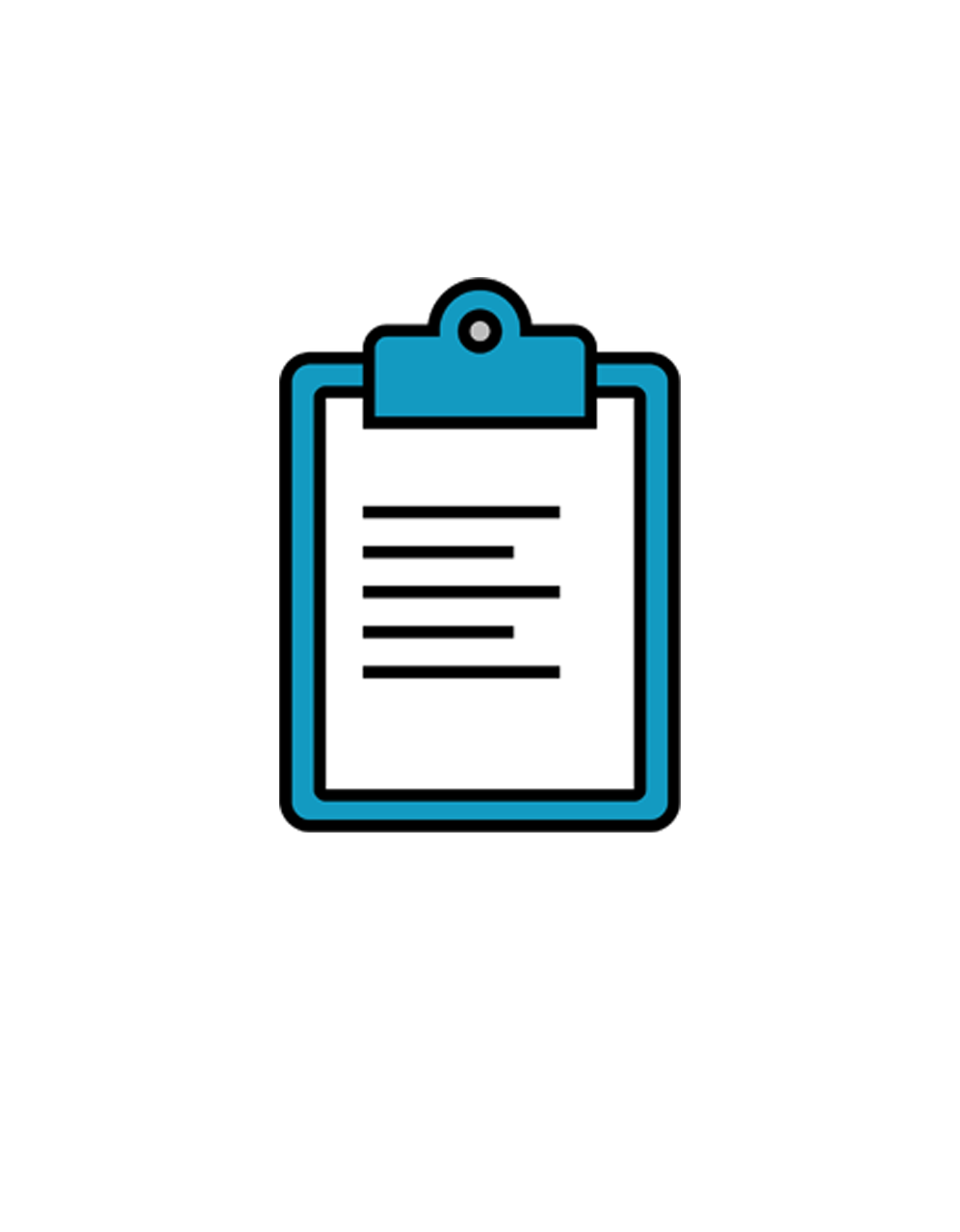 |  |  |  |  |  |  |  |
| Background | Review of Current Practice | Sleep Assessment | Sleep Management Tools & Techniques | Hypnotic Withdrawal Programme | Sleep Consultation | Final Assessment | Contact Us |
| Section Home → | Example sleep diaries and downloads → | Normal and abnormal sleep → | Psychological treatments for insomnia → | Self Assessment → |